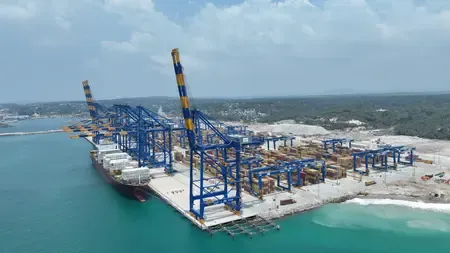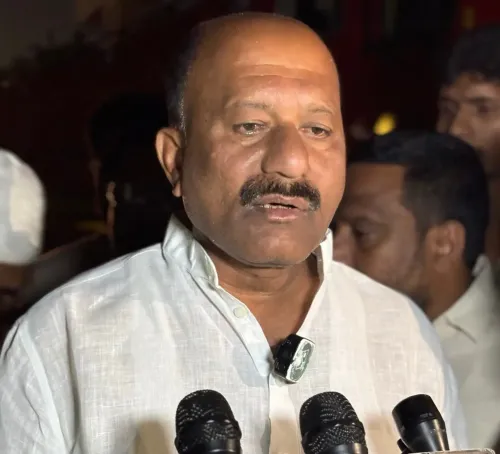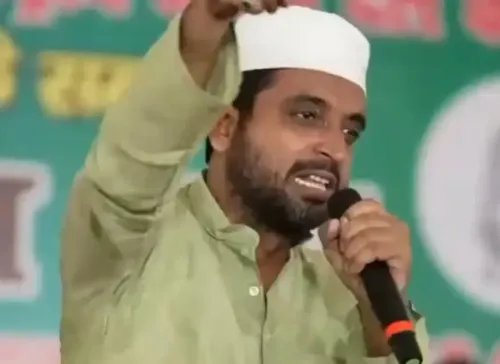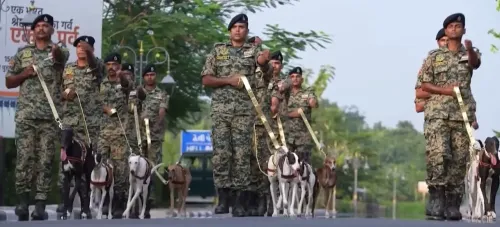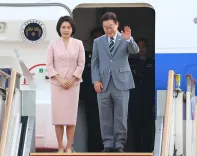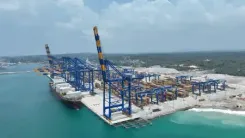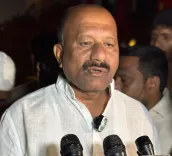How are India and WHO Collaborating for Traditional Medicine?
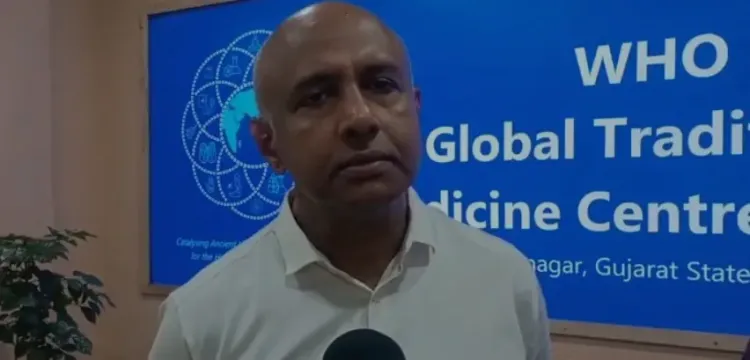
Synopsis
Key Takeaways
- India and WHO collaborate to enhance traditional medicine.
- ITRA in Jamnagar is a key player in this initiative.
- Focus on evidence-based research and global collaboration.
- Upcoming Global Summit on Traditional Medicine in September 2025.
- New center construction supported by the government.
Jamnagar, July 11 (NationPress) India and the World Health Organization (WHO) are collaborating closely in the realm of traditional medicine, with the Institute of Teaching and Research in Ayurveda (ITRA) located in Jamnagar, Gujarat, taking center stage in this international endeavor.
This collaboration emerged from a strategic dialogue between Prime Minister Narendra Modi and WHO Director-General Dr. Tedros Adhanom Ghebreyesus, with the aim of advancing evidence-based research, standardization, and accessibility of traditional healing practices on a global scale.
The Institute of Teaching and Research in Ayurveda (ITRA) is experiencing a significant renaissance as it reestablishes its legacy as a leader in traditional medicine worldwide.
The institute, operating under the Ministry of Ayush, is at the forefront of global initiatives to promote evidence-based research and foster collaboration in Ayurveda and other traditional healing methods.
Dr. Geeta Krishna Gopalkrishna Pillai, who heads the Traditional Medicine Research and Evidence Unit at ITRA, highlighted the crucial role that India plays in shaping the direction of traditional medicine's future.
In an interview with IANS, she stated that the institute was founded following a critical conversation between Prime Minister Modi and Dr. Ghebreyesus. The objective is to develop a worldwide repository for research, advancements, and applications of traditional medicines, which, despite their extensive use, frequently lack adequate acknowledgment and validation.
Dr. Pillai noted that this sector had been overlooked previously, but the current impetus, fueled by the Indian government and WHO, is swiftly changing that landscape.
Ongoing research on various traditional remedies is yielding encouraging results, and a comprehensive library is being created to compile global data on traditional medicine, making it accessible to researchers and practitioners worldwide.
Currently, the institute is staffed by a small team of eight to nine researchers, with plans to expand to 24 members within six months. The Indian government is also facilitating the construction of a new center to support this growth. A significant event will be the second Global Summit on Traditional Medicine, set to take place in September 2025 in Delhi.
This summit will bring together global leaders, including Prime Minister Modi, and will highlight India's advancements in this field. Union Minister of Ayurveda Pratap Rao Jadhav, who presided over the governing body meeting before the institute's convocation ceremony, commended Jamnagar's longstanding reputation in Ayurveda.
He affirmed that the city continues to excel in Ayurvedic research and education, and that the upcoming summit will further solidify India's status as a global hub for traditional medicine.
With renewed international cooperation and institutional support, ITRA is poised to lead a transformative decade in traditional medicine, fusing ancient wisdom with modern scientific rigor.

